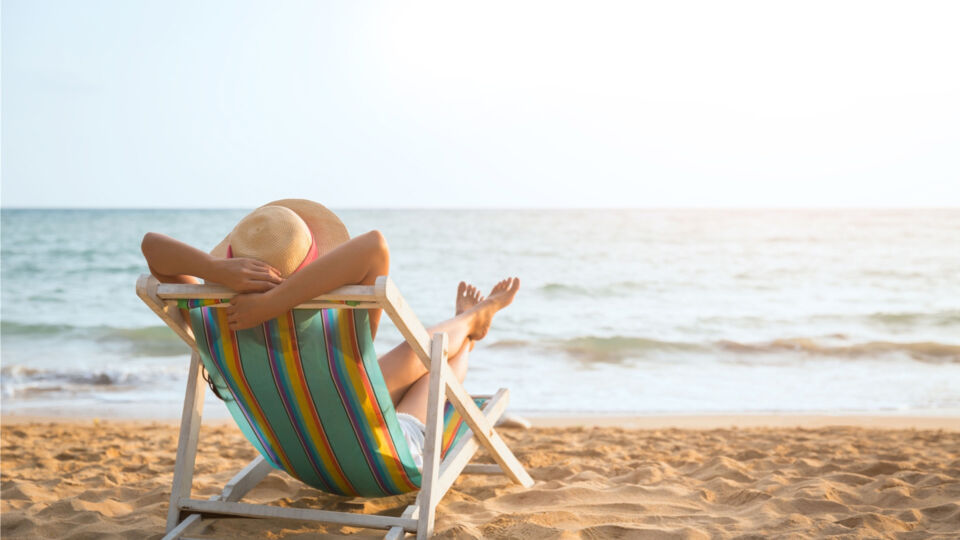7 Travel Tips to Stay Healthy while Travelling

Travelling is all fun and games until the harsh cold hits, or when your stomach churns after feasting on too much street food. With pandemic restrictions easing and travelling possible again, are you planning a holiday soon? Here are some tips to help you and your loved ones travel safe.
Gearing Up for the Cold
Unlike Singapore’s tropical climate, where it is warm and humid all year round, temperatures dip during autumn and winter in many places around the world. It is important to check on the expected temperatures you will experience in your country of destination and prevent health issues relating to the cold.
In a cold climate, young children and the elderly are most at risk. It is critical to pack appropriate winter wear and include thermal base layers, thick socks, and gloves.
Caring for Your Skin During Dry Weather
People with sensitive skin conditions such as eczema or a history of cold urticarial (skin reaction to the cold), diabetes, and the elderly are most at risk in places with dry weather.
Before travelling, pack lip balms, moisturisers, or body lotions to keep your skin moisturised.
It is also important to keep yourself hydrated as water losses are less noticeable when humidity is low.
Tip: Find moisturisers heavy and inconvenient to bring along? Purchase it at your country of destination.
Travelling to High Altitude Areas
When travelling to certain high-altitude destinations such as the Annapurna Base Camp in Nepal or Mount Kota Kinabalu in Malaysia, it is advisable to get medication to prevent altitude sickness.
Also, bring steriliser tablets for drinking water and drink only bottled water. Remember that water boils at less than 100 degrees Celsius at high altitudes so boiling water is not considered an acceptable sterilising technique. Do pack appropriate winter wear. Consult your family physician to have your health needs accessed before the trip.
What to Eat and What Not to Eat
When travelling, it is always best to avoid consumption of raw food, including salads. Ensure all food is well cooked to minimise your risk of developing traveller’s diarrhoea.
For beverages, it is best to stick to bottled or canned options. In developing countries, it is best to also avoid ice in the beverages, as it is often difficult to ensure if the food establishment boiled the water before preparing the ice.
Essential Items to Always Carry Around When Travelling
If you have a chronic medical condition, it is recommended to keep a list of your regular medications and a short summary of your health status, as well as any allergies to medications, food, or environment triggers, in your everyday travel bag.
Assuming you have no allergies, you are also encouraged to bring along paracetamol, antihistamines, vomiting, and diarrhoea medications in your day bag, especially if you anticipate that a pharmacy is difficult to locate in your country of destination. You may also discuss with your family physician on the list of medications you could bring along, depending on your individual medical needs.
Should I Stay Away from Certain Activities?
Saunas and hot springs in places such as Japan are contraindicated for pregnant women because the high temperatures are deemed to be unsafe for the foetus.
If you have high blood pressure, it is also advisable to avoid physically-demanding or high-velocity activities such as roller coasters, sky diving, or bungee jumping. These activities can have an impact on the blood pressure and should not be attempted if your blood pressure is not well controlled.
What Should Travellers With ‘Three Highs’ Look Out For?
Travellers with chronic health conditions such as high blood pressure, high cholesterol, and high blood sugar (diabetes) must make sure that they bring more medication than their anticipated travel duration. This means bringing three weeks’ worth of medications for a two-week trip, in case of any loss of medications or delay in travel.
You should also pay attention to your health and consult a doctor early if you feel unwell at any time. If unsure whether you are fit to travel, again, do consult your family physician for advice.
Travel Precautions
Some countries are considered malaria-endemic so preventive medicines may be needed. Before travelling, check your immunisation records and ensure that you stay up-to-date with the necessary vaccinations to your country of destination. You may discuss this with your family physician as travel vaccination requirements vary by country.
Rabies is also present among wildlife in many rural areas, including Malaysia. It is best to avoid coming into close unsupervised contact with wild animals wherever possible.


